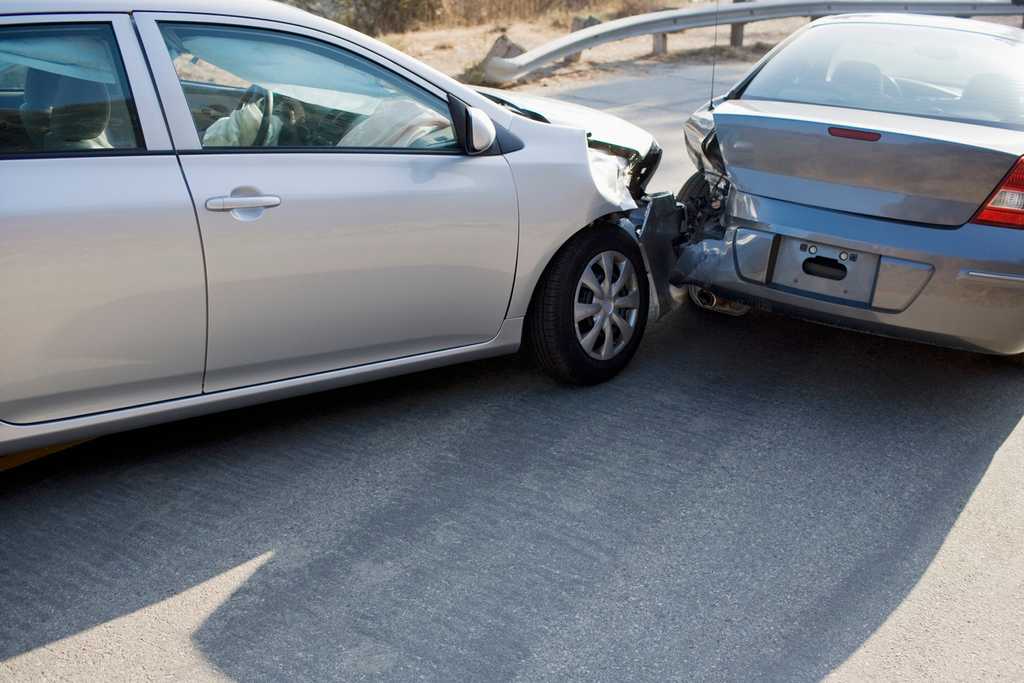Car insurance is a legal requirement in almost every state, and each state has its own unique car insurance mandates. If you own a registered vehicle in Florida, you must comply with the state’s no-fault car insurance laws. No-fault states differ from states that don’t have no-fault laws in a variety of ways, especially when it comes to how insurance claims are handled. Here’s what you should know about Florida’s no-fault car insurance requirements.
Florida is a no-fault state, what does that mean?
Florida is one of no-fault states, which means your insurance company automatically covers your medical expenses after an accident, regardless of which driver was responsible for the collision. To satisfy the state’s no-fault insurance laws, drivers in Florida are required to carry personal injury protection (PIP) and property damage liability (PDL) insurance.
Here’s how no-fault coverage works in a nutshell: If you get hit by another driver and get injured, you file a claim with your insurance company, and you get reimbursed for your medical expenses, up to your PIP coverage limits. For comparison, the other 38 states are considered at-fault states, where the at-fault driver’s insurance company compensates the other driver for their losses after a crash.
Who is covered under a no-fault policy in Florida?
In Florida, a no-fault insurance policy includes personal injury protection (PIP) and property damage liability (PDL) insurance. Here’s what these policies cover:
Personal injury protection (PIP) pays for your medical expenses after an accident, no matter who was responsible. Specifically, it will pay for things like an ambulance ride, hospitalization, rehabilitation, emergency room care, prescriptions, and lost wages if you are unable to work due to your injuries. If you pass away in an accident, a designated beneficiary of your choosing will also receive a death benefit. PIP insurance has a policy limit, which is the maximum amount of money your insurer will pay after a claim.
Property damage liability (PDL) pays for the cost of repairs if you cause an accident that damages another driver’s vehicle. It also provides compensation if you crash into a structure like a fence, mailbox, or building storefront that needs to be repaired or replaced. Like PIP, PDL insurance also has a maximum policy limit. Property damage liability insurance is required in almost every state, including in at-fault states.
Minimum car insurance coverage requirements in Florida
Every vehicle owner in Florida is required to carry a minimum amount of auto insurance. You must have at least $10,000 in PIP and at least $10,000 in PDL in order to register your vehicle in Florida. However, you can choose higher coverage limits for more protection, which is generally recommended.
Unlike in most at-fault states, bodily injury liability and medical payments insurance are not required in Florida. Your PIP policy provides coverage for these potential losses.
However, keep in mind that Florida no-fault insurance does not provide any physical damage coverage for your vehicle. If you want protection for your car in the event of an accident or other incident, like theft or weather-related damage, you must purchase a full coverage policy with collision and comprehensive insurance.
Who is covered by Florida no-fault personal injury protection (PIP)?
In Florida, no-fault insurance covers you as the main driver, as well as other drivers on your policy and your passengers in the vehicle at the time of a crash. So, for example, if you got into an accident and the person in your front passenger seat sustained a head injury, your PIP benefits would help pay for their medical bills, even if you were not injured.
In addition, your PIP insurance provides coverage when you are not behind the wheel. If you’re a passenger in someone else's vehicle and you get injured in a crash, or if you get hit by a car while walking or riding a bike, you can use your PIP benefits to pay for your medical expenses and lost wages.
Who pays for damage in a no-fault state like Florida?
In a no-fault state like Florida, each driver’s insurance company is responsible for covering their own losses after a claim. So, for instance, if you got injured in an accident, your insurance carrier would pay for your medical expenses, whether you caused the crash or not. Similarly, if your vehicle was damaged in a collision, and you have a full coverage insurance policy, you would file a claim with your insurance company to have the repairs paid for.

